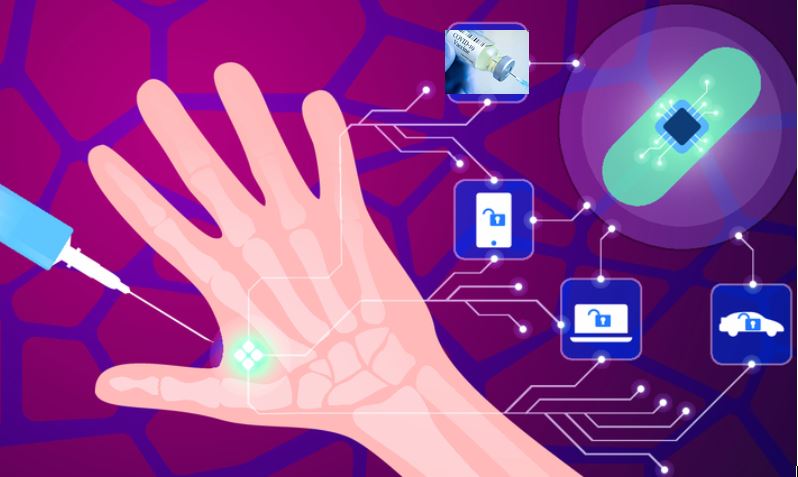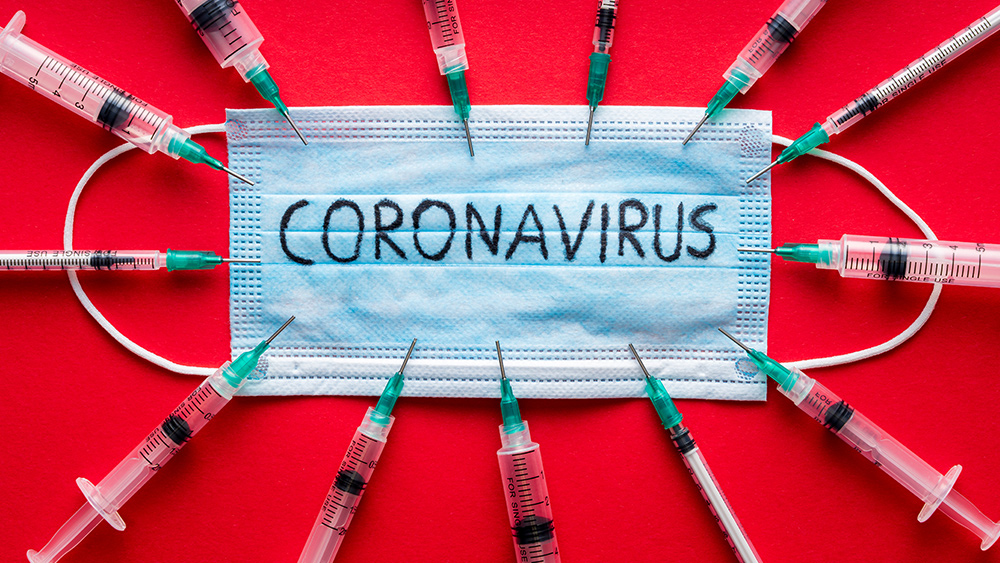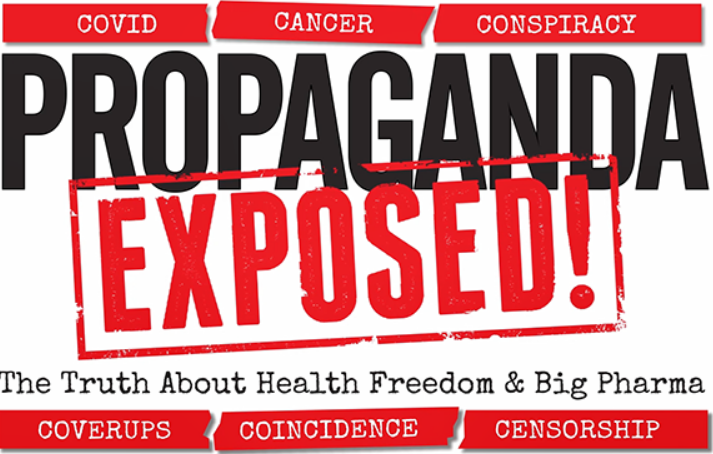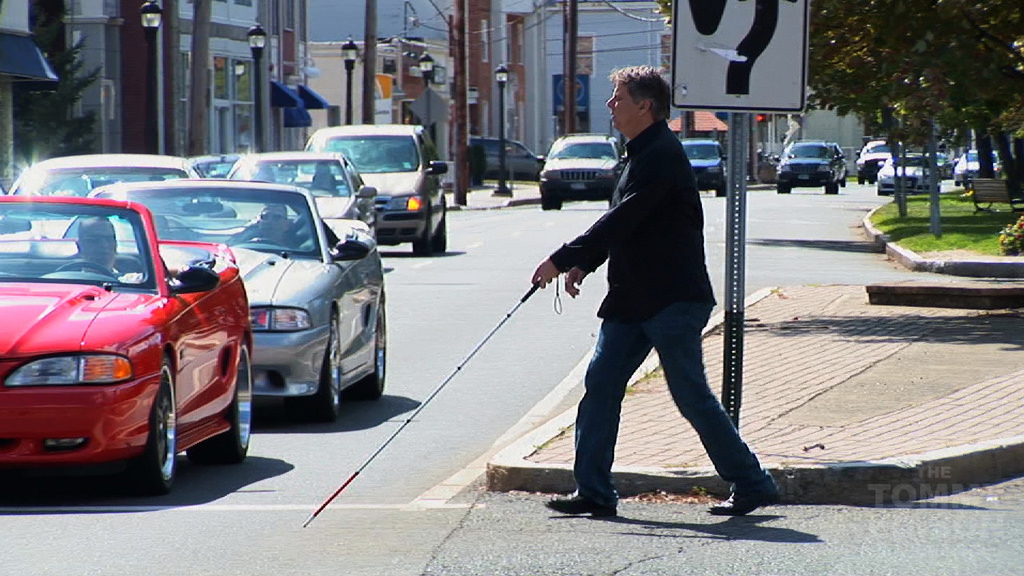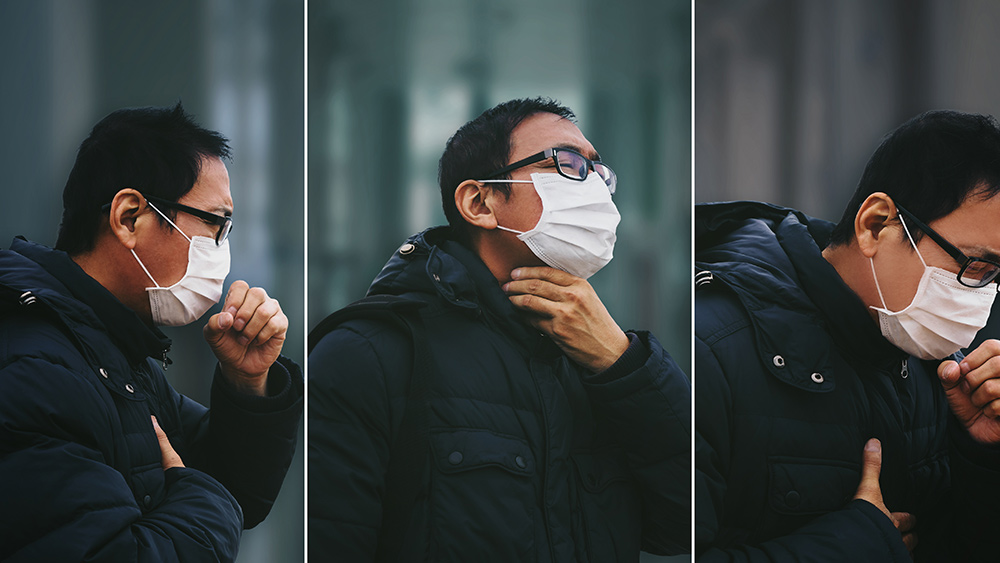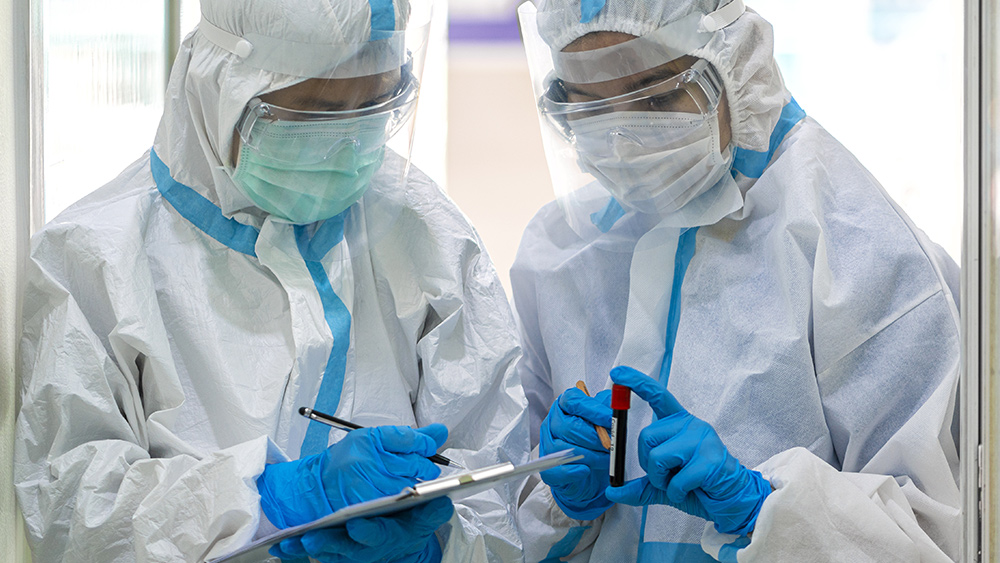Trans psychologist who helps kids through gender transition now says it’s all “gone too far”
04/28/2022 / By JD Heyes
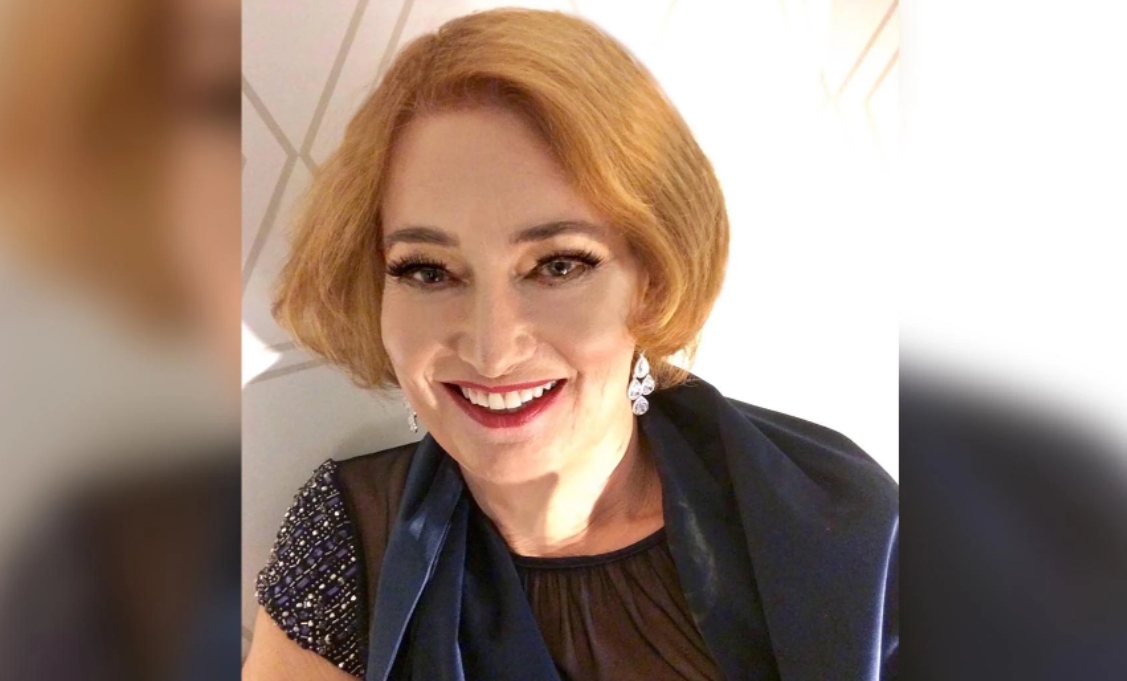
If you have long suspected that the current “transgender” thing was just a fad or a phase, your suspicions were correct, according to a transgender psychologist who herself helps young people with their own transitioning.
Dr. Erica Anderson, 71, who has helped literally hundreds of teens transition from one gender to the other is warning that the fad has “gone too far” and she now fears that many of them have or are about to make life-altering decisions just because it’s pushed on social media and has become “trendy.”
Anderson told the Los Angeles Times last week that she is upset that teens as young as 13 years old are now getting hormone replacement therapy without ever meeting with a psychologist.
“I think it’s gone too far,” said Anderson, who until recently led the U.S. professional society that leads in care for transgenders.
“For a while, we were all happy that society was becoming more accepting and more families than ever were embracing children that were gender variant,” she added. “Now it’s got to the point where there are kids presenting at clinics whose parents say, ‘This just doesn’t make sense.'”
She has become so concerned, in fact, that she stated that she has been considering ending her work in helping teens transition, which is considered pioneering in the field of study.
“I have these private thoughts: ‘This has gone too far. It’s going to get worse. I don’t want any part of it,’” she told the Times.
“I worry that people will accuse me of setting the train in motion, as part of those who advocated the affirmative approach to gender in youth, even though that’s not a reasonable account of what happened,” she continued, adding that she sees the burgeoning rise in teens who seek out treatment for transgendering is most likely being driven by peer pressure as there becomes a wider acceptance of trans issues in many social and cultural circles.

“A fair number of kids are getting into it because it’s trendy,” she told the Washington Post in a previous interview. “I think in our haste to be supportive, we’re missing that element.”
In her recent interview with the Los Angeles Times, she said, “To flatly say there couldn’t be any social influence in [the] formation of gender identity flies in the face of reality. Teenagers influence each other.”
That phenomenon appears to have been made worse by the COVID-19 pandemic, as kids were forced into isolation for months by ignorant and selfish left-wing policies, while also spending more time on social media.
“What happens when the perfect storm — of social isolation, exponentially increased consumption of social media, the popularity of alternative identities — affects the actual development of individual kids?” Anderson asked in her LA Times interview.
“We’re sailing in uncharted seas,” she added in an ominous warning.
The New York Post adds:
Anderson readily shared her birth name, Eric, and her story of how an endocrinologist refused to prescribe hormones and left her feeling deeply ashamed when she first sought them at age 45.
She finally got them at 58, and had genital surgery at 61, thrilled to finally “become a woman.”
But while thrilled that the world is now more accepting, she fears it has swung to an extreme, noting a 13-year-old patient whose pediatrician put him on testosterone, even though he had not met with a psychologist.
“Why is this kid on testosterone so precipitously?” a flabbergasted Anderson asked.
A member of the American Psychological Association committee that is writing guidelines for transgender health care, Anderson said she thinks some kids seek out treatment hoping it will help with wider psychological problems but then leaves them depressed when it doesn’t. She also says medical providers handing out hormone therapies to kids who have yet to see a trans psychological specialist are committing malpractice.
She believes teens ought to wait on treatment or surgery until they are absolutely sure they want to go through with it — after counseling.
“I have a dictum: When in doubt, doubt,” she told The Times. “Questioning is a good thing. How are you going to find out if you are lockstep with whatever conclusion you come to first?”
Sources include:
Submit a correction >>
Tagged Under:
Child abuse, fad, gender confused, gender surgery, Hormone therapy, indoctrination, left cult, LGBT, malpractice, psychologist, Trans, transgender, transgender psychologist, Transgender surgery, transgender teens, transgender therapy, trendy
This article may contain statements that reflect the opinion of the author

